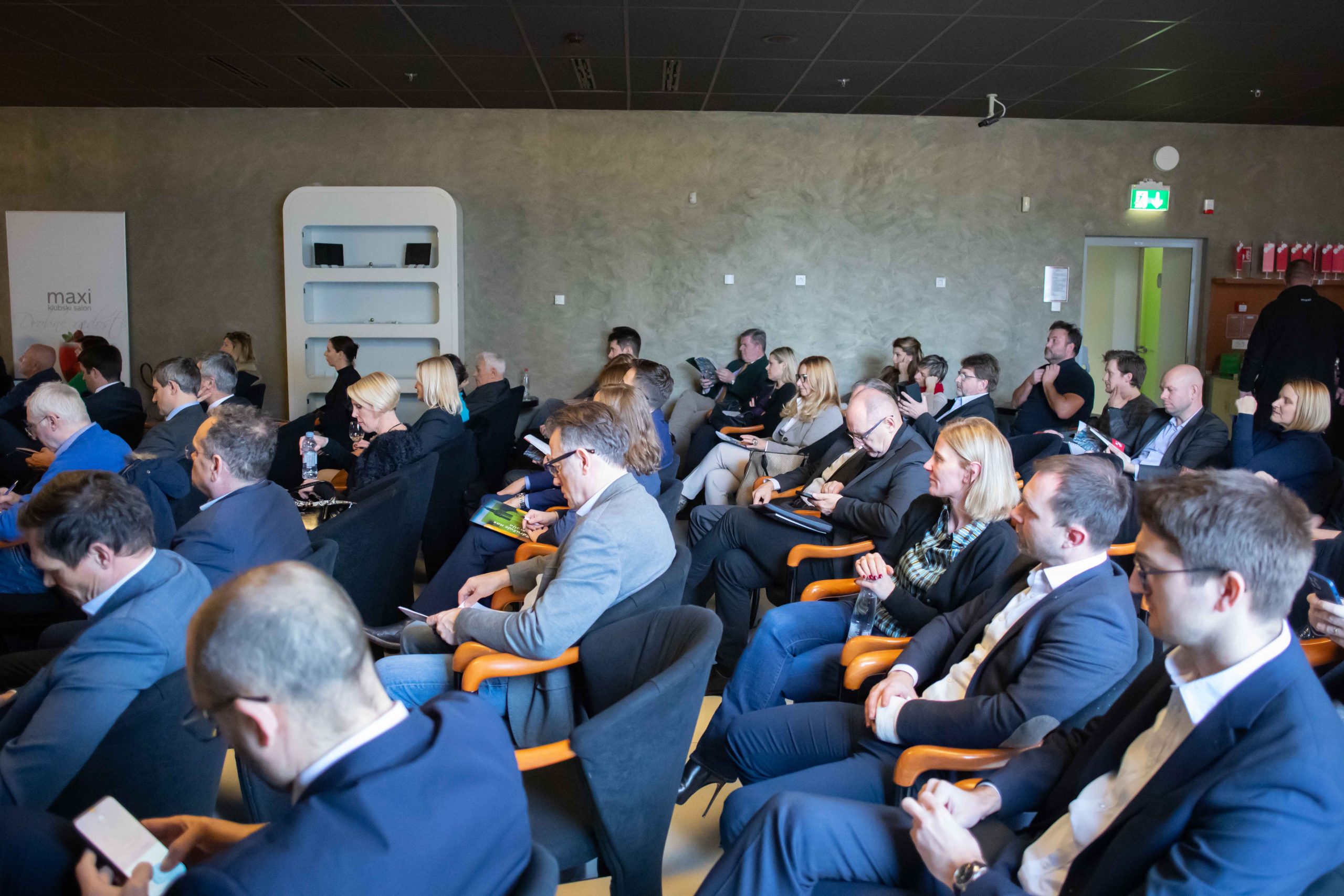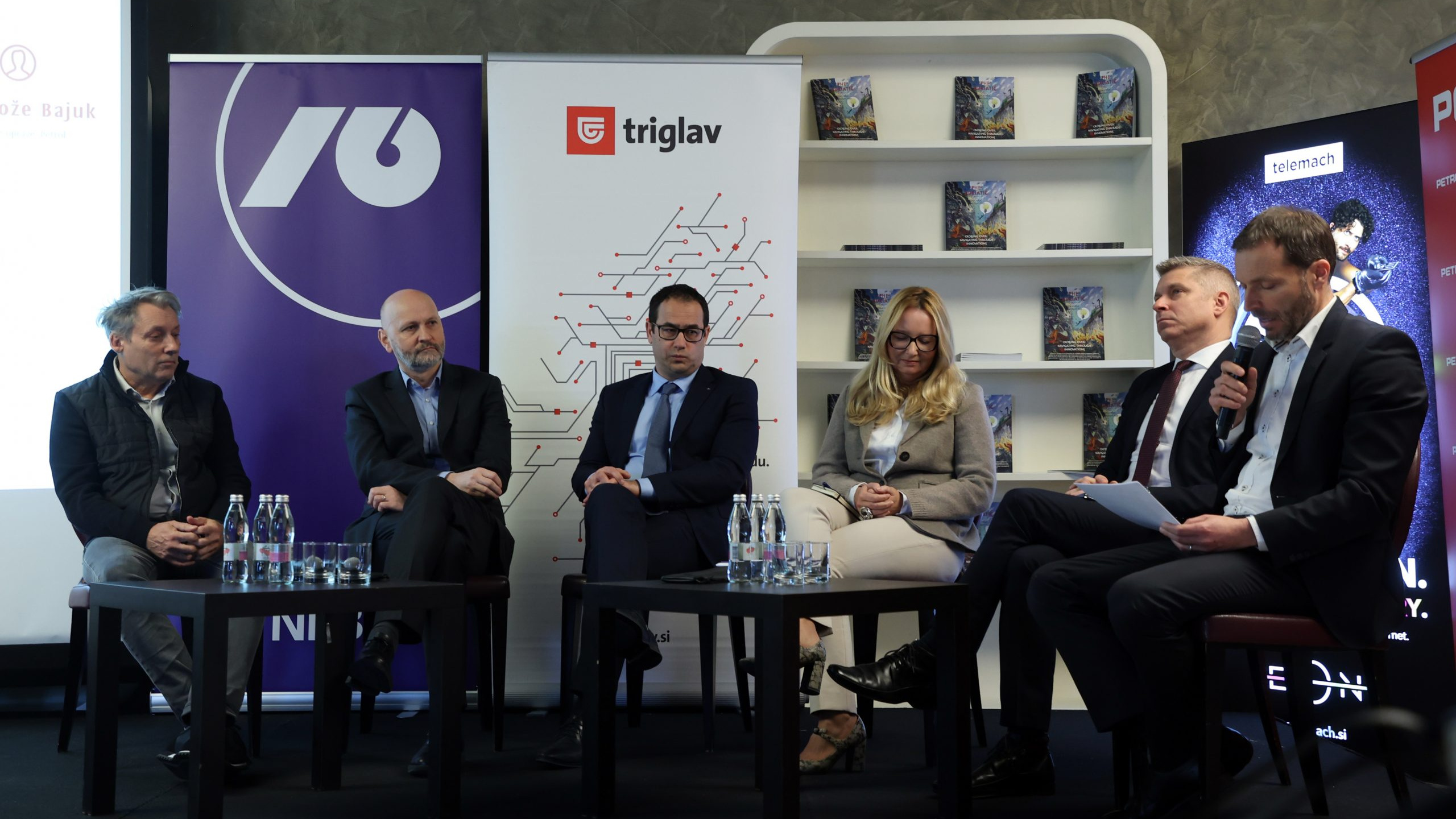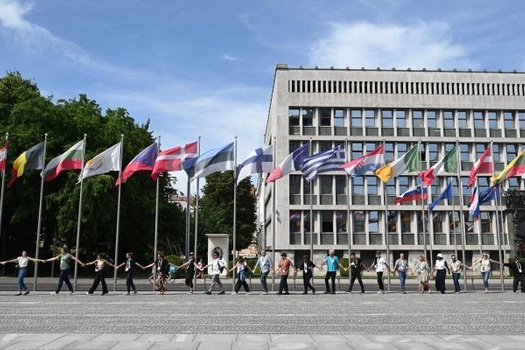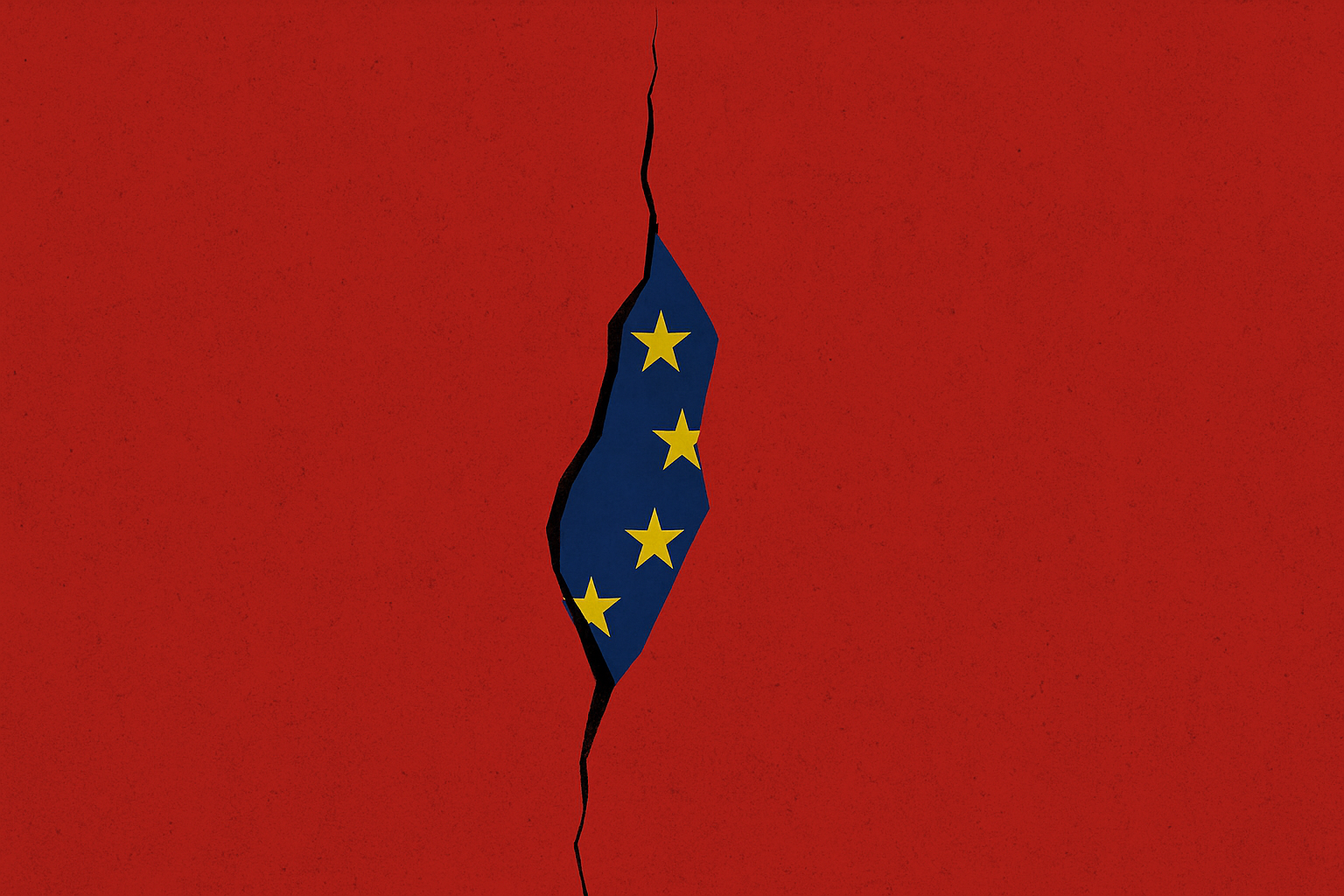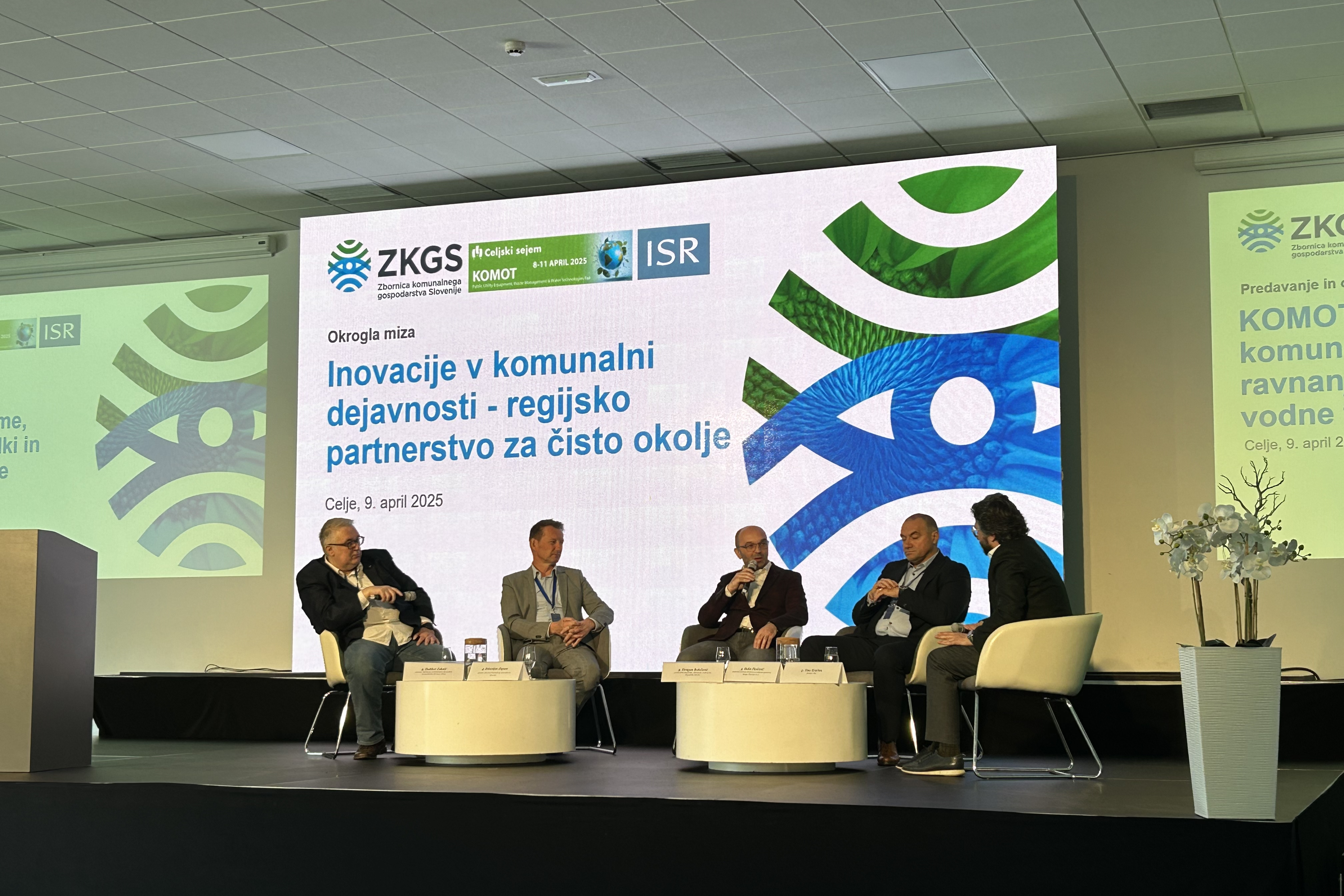The Future lies in Innovation and Connectivity
Adriatic team
Ljubljana – On January 24th, business leaders and industry experts gathered at the Maxi Klub in the heart of the city for the annual release of The Adriatic: Strategic Foresight 2023. The magazine, which provides insight into the future of the region’s economy and business landscape, released this year’s edition under the title “Crossing over: Navigating through Innovations”.
The Minister of Labour, Family, Social Affairs, and Equal Opportunities, Luka Mesec, opened a conversation on how to work smarter and better by stating that the role of the state has changed in recent times. In his view, the solution to the challenges facing society lies in cooperation between the state and other spheres, as well as the promotion of social dialogue. He cited Scandinavia as an example of a region where this approach has been successful, noting that the state’s role is to enable such dialogue, rather than dictate it. The Minister also addressed the issue of the four-day working week, acknowledging that no country can exist in isolation in today’s globalized world, and that international competitiveness must be taken into account when making policy decisions.
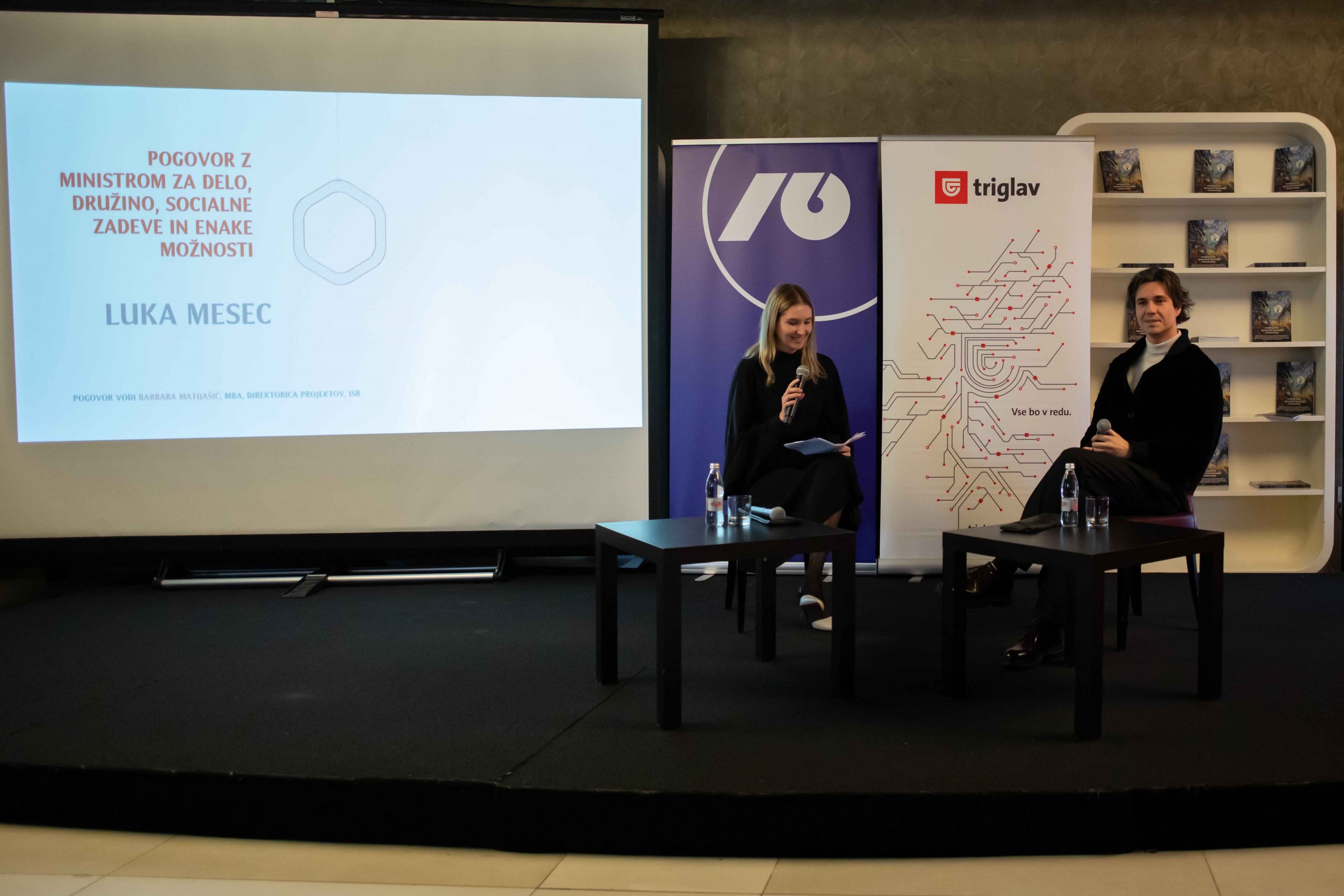
According to Tine Kračun, the Director of the Institute for Strategic Solutions (ISR), the key to navigating the current crisis and emerging victorious lies in the ability to adapt, cooperate, and innovate. Speaking on the potential for integration within the Adriatic region, Kračun emphasized the importance of the economy and the integration of the region into the European Union. “The well-being of individuals is closely tied to the health of the economy,” Kračun stated. “As such, we see great opportunities for Slovenia in the integration of the Adriatic region within the EU.”
According to Dr. Jure Stojan, Director of Research and Development at the ISR, the current state of the economy is in a period of uncertainty, characterized by volatile market conditions. “Data shows that we are currently experiencing a period of economic fluctuations, with the prices of German producers experiencing a reversal, while remaining high but no longer at record-breaking levels,” said Stojan. He also highlighted that the current pressures on the economy are not just limited to the ongoing pandemic, but also include issues such as climate change and other conflicts. Stojan emphasized the need for swift action and adaptation in order to navigate these uncertain times, stating, “We must not rely on time, and must take proactive measures to address the changes that we ourselves are making to the economy.
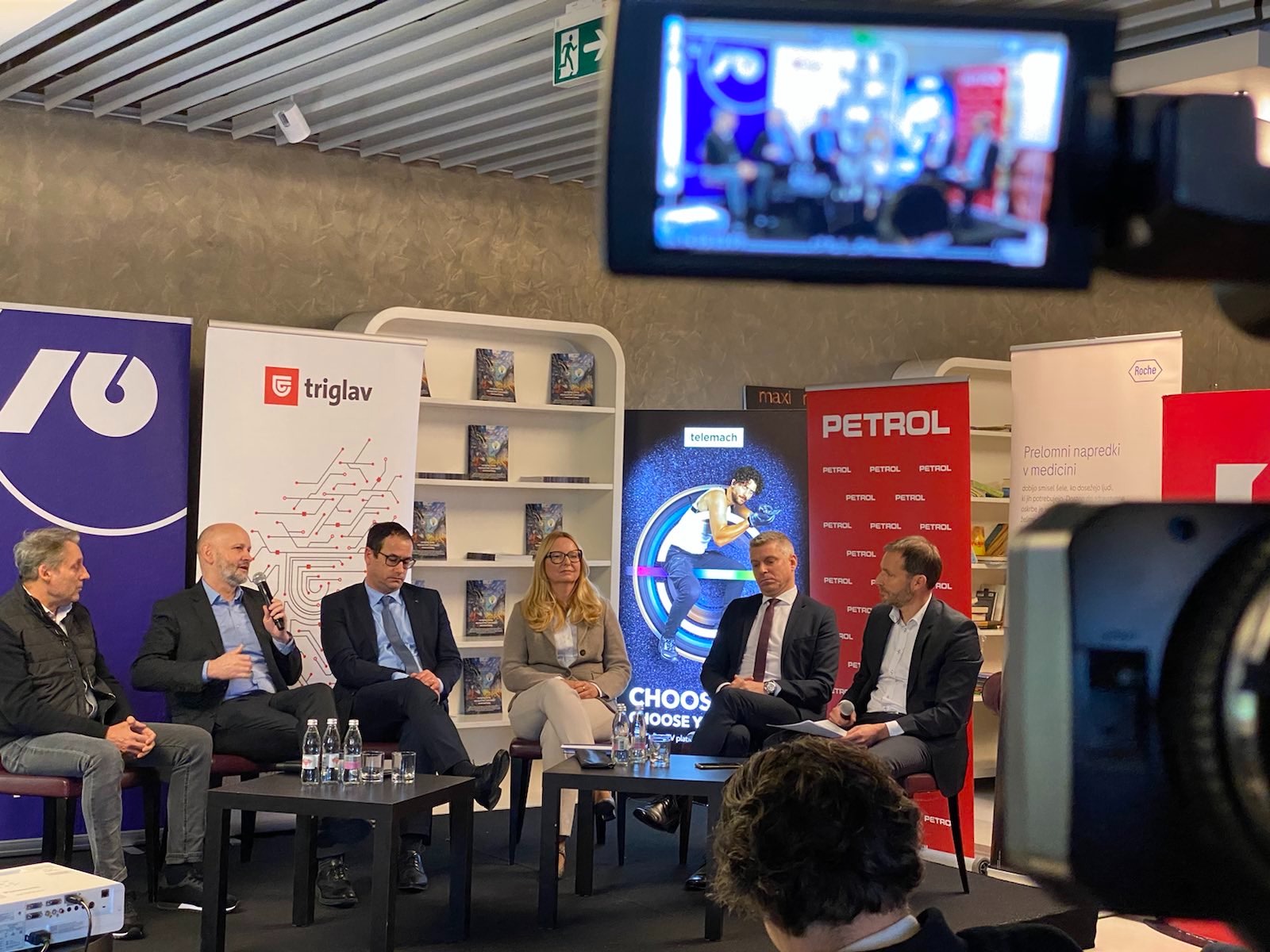
Navigating Uncertainty: The Role of Innovation in Shaping the Future
As interest rates continue to rise after more than a decade of being stuck near or even below zero, companies are faced with the reality of limited government borrowing options. Domen Prašnikar, Director of the consultancy Valior, emphasizes the need for businesses to protect themselves and build resilience through the use of modern technologies and management strategies. Prašnikar stresses that innovation is key to adapting to the current uncertain environment.
Maja Krumberger, Director of the Slovenian Insurance Association, also highlighted the pressing issue of demography in Europe, with Slovenia ranking among the highest on the continent. “With an aging population and fewer active workers, we will rely less on pensions,” Krumberger said. “Insurance companies have responded by offering products that ease the burden on public healthcare systems.” Krumberger underscores the importance of collaborating with regulators and finding solutions that benefit society as a whole
In uncertain times, the role of innovation in shaping the future cannot be overstated. This was a sentiment echoed by Andrej Lasič, a member of the NLB board, who emphasized the challenge of demography in the region as a pressing issue that affects many areas. “Just a decade ago, the Slovenian economy was indebted to the extent of 40% of GDP. Today, it is indebted to the extent of 20% of GDP,” Lasič noted. “We can use credit for innovation and investment. In the current situation, Slovenian companies have an exceptional opportunity to make good use of the current turbulent times, as they are among the least indebted in Europe. Not just Europe, but even the world.”
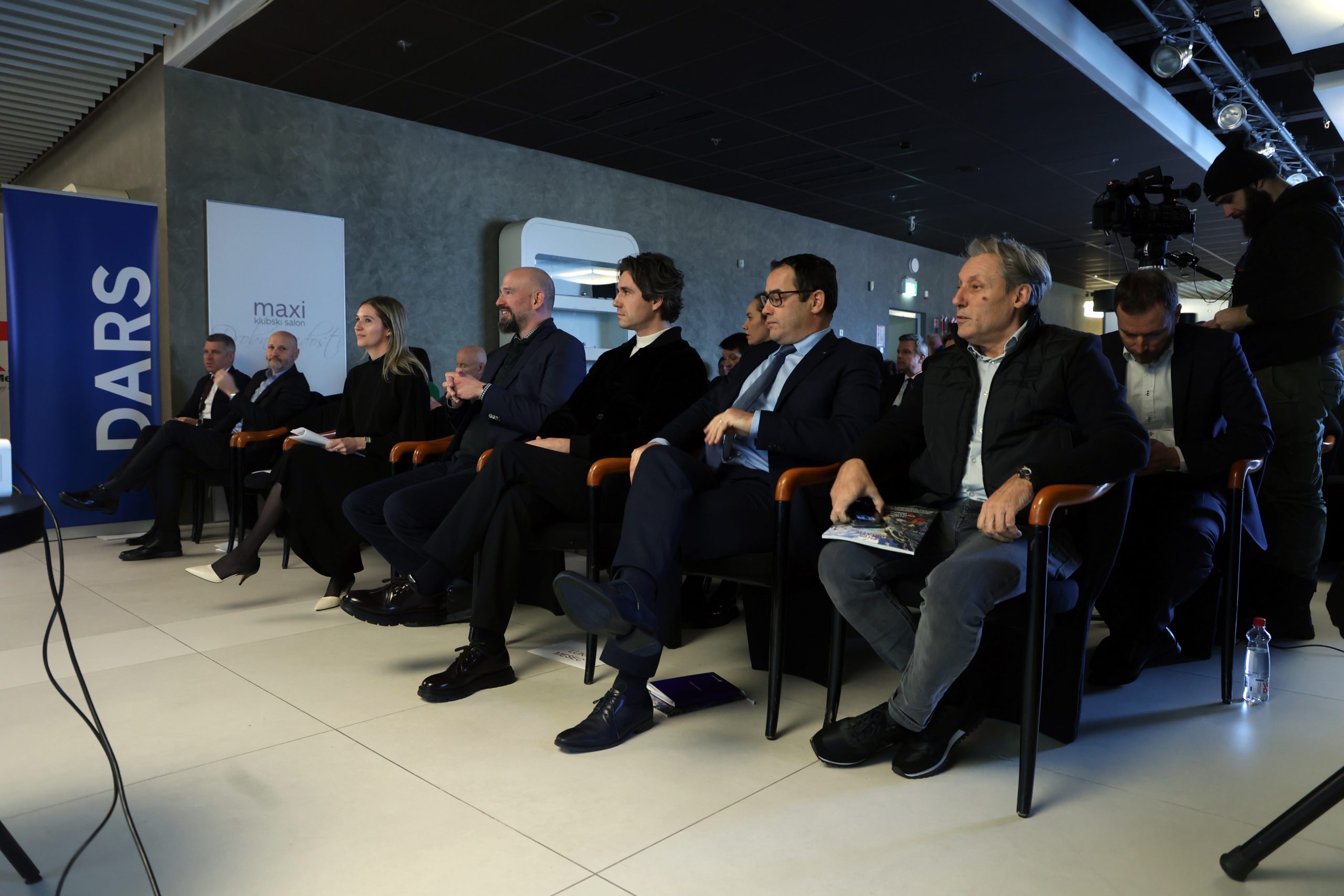
He went on to highlight the importance of diversification, pointing out that the Slovenian economy is one of the most diversified in the world, which means it is not dependent on a single industry. Jože Bajuk, a member of the board of Petrol, concurred, stating that diversification is extremely important for large companies such as Petrol, as it does not limit companies territorially in terms of production and operations. Bajuk also emphasized the importance of innovation in applied technologies, saying, “We are a highly innovative company that runs its business efficiently. You can upgrade solutions and processes through purchases and acquisition of people who have come up with findings and innovative solutions. And new technologies coming to the market mean a new opportunity for us.”
As the world continues to grapple with the impact of technological advancements, the importance of innovation in navigating uncertain times has become increasingly clear. This was the focus of a recent round table discussion hosted by the Atlantic Monthly, featuring leaders from the insurance, energy, and banking sectors in Slovenia.
Aljoša Tušek, founder of Tushek Hypercars, noted that while multiple drive technologies will likely remain available, there will not be a definitive displacement of any one technology from the market. He emphasized the unique strengths of his company’s electric drive, which is 30% more efficient and 50% lighter than other electric drives on the market.
Valentin Hajdinjak, President of the board of DARS, highlighted the importance of innovative leadership, emphasizing the company’s focus on investing in employees and upgrading processes through digitalization. DARS has transformed from a highway builder to an active traffic manager, with a focus on ensuring greater traffic flow and safety for drivers.
Maja Krumberger emphasized the importance of a blended approach, noting that “only digital approach and with the help of artificial intelligence is not the right answer.” The round table agreed that demography, with Slovenia having one of the oldest populations in Europe, is a key challenge in the region, and that the right mix of human and digital approaches is crucial for success.
The conclusion was marked by a networking reception, featuring refreshments provided by Mercator and a selection of wines from Kleti Brda.
